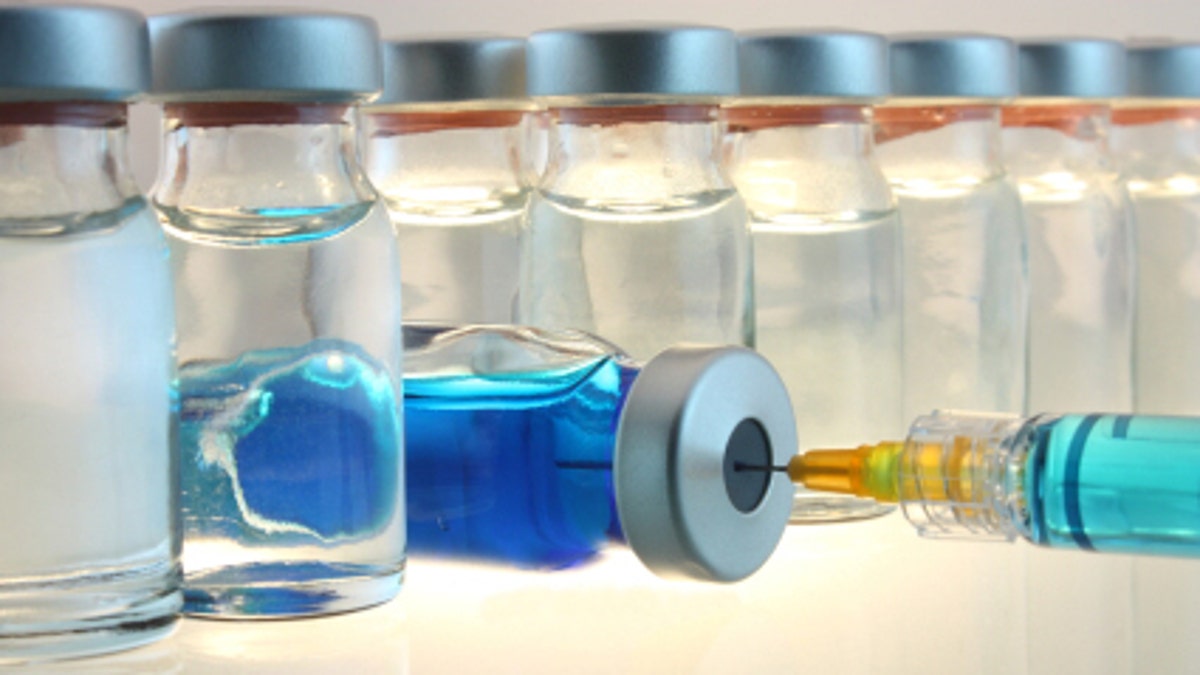
With far less fanfare than they deserve, Alkermes Pharmaceuticals is setting out to revolutionize the penal system and help stop prison overcrowding by finally getting at one of the indisputable medical causes of crime (including violent crime): alcohol and drug dependence.
Alkermes produces Vivitrol, an injectable form of naltrexone that lasts a month. Naltrexone blocks nervous system receptors for opiates like heroin and oxycodone (the active ingredient in Oxycontin). In doing so it makes it tougher or impossible for people to “get high” from opiates and also makes it less pleasurable to drink alcohol. People who use Vivitrol, therefore, are making a biochemical commitment to block their own reward pathways for using drugs and alcohol.
Now, Alkermes has begun a pilot study of Vivitrol in jails to evaluate its impact on whether the inmates who commit to starting it in prison and continuing it upon release from prison end up staying out of prison longer. They are setting out to short-circuit the connection between crime and addiction by letting inmates decide to short-circuit their brains’ pleasurable response to getting high on heroin or painkillers, or getting drunk.
The study is small. Alkermes will make Vivitrol available to 30 adult criminal offenders with a prior history of opiod dependence who want help with their addiction. The first injection of Vivitrol will be one week before they are released, then monthly in the community, thereafter. Alkermes will then assess whether these criminal offenders re-offend or not to see whether their odds of staying out of jail seem better than people who are not treated with Vivitrol.
I can’t say enough good things about this bold study. It takes us further down the unforgivably long road it has been to actually respond to the fact that a whole lot of criminal behavior is linked directly to mental illness. In fact, nearly 65 percent of the 2.3 million inmates in U.S. prisons meet the medical criteria for substance abuse or addiction, and these inmates are almost twice as likely to return to prison.
Vivitrol is special because it is a monthly injection. It doesn’t require making a daily commitment. If a person can summon the willpower to show up in a clinic just once a month, that person can substantially lower his or her chances of relapsing to drug or alcohol dependence.
If I were placing a bet right now, I’d bet the medicine will work. I believe it has the potential to help snap that stubborn link between drug and alcohol addiction and stealing, assaulting people, driving cars into people and trying to kill people.
If the data come back as I believe they will, it will be time for a much larger study of Vivitrol. Because if a monthly injection can cut down on human suffering by cutting down on crime, then we’re going to be hard pressed to figure out why we wouldn’t offer it to any criminal who committed a crime in which drugs or alcohol played a role. Why wouldn’t we? Even if we ignored the benefits to those being released from jail (which we should not), the cost of Vivitrol is a lot less than the $29,000 per year it costs to keep each inmate in jail, not to mention the costs of arresting them and bringing them to trial. The overall cost of heroin addiction alone in the United States has been estimated at $22 billion annually.
I have written before that long-acting, injectable medications like Vivitrol (and Depo-Provera, which reduces sexual urges in pedophiles, and RisperdalConsta, which reduces symptoms in psychotic individuals) must become a major part of the ethical and rational prevention of crime, including violent crime. Now, Alkermes is on that road.
Dr. Ablow is the author of "Inside the Mind of Casey Anthony." He is a psychiatrist and member of the Fox News Medical A-Team. Dr. Ablow can be reached at info@keithablow.com. His team of Life Coaches can be reached at lifecoach@keithablow.com.
